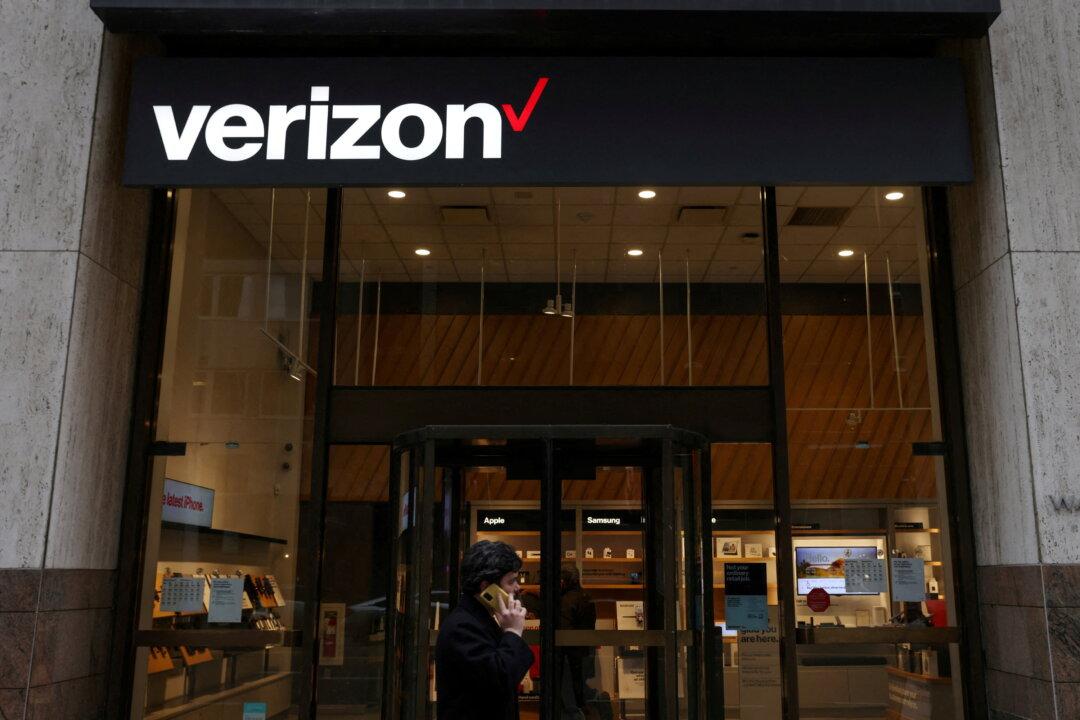The Wireline Competition Bureau of the Federal Communications Commission (FCC) has approved Verizon’s $20 billion acquisition of Frontier, the FCC said in a May 16 statement.
“Verizon has also committed to ending DEI-related practices as specified in the FCC’s record and has reaffirmed the merged entity’s commitment to equal opportunity and nondiscrimination,” the agency said, using the abbreviation for diversity, equity, and inclusion.





